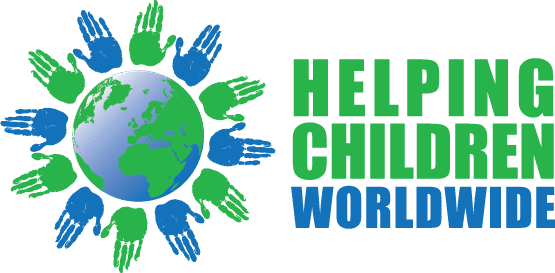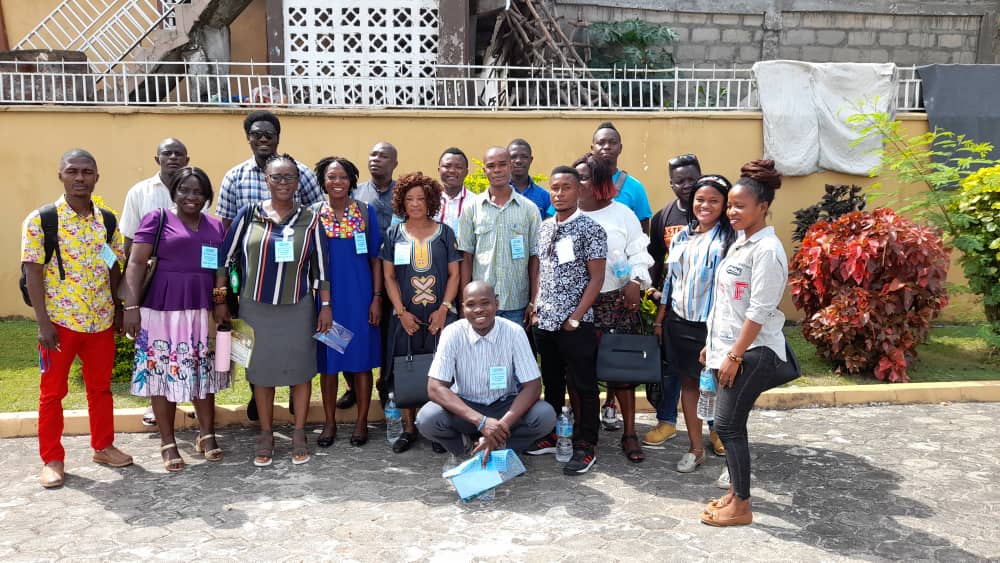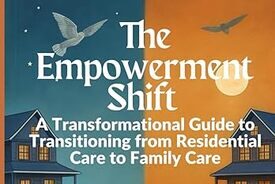Empowering Local Leaders Is Sustainable Change
When I think back over the past decade of my work in Sierra Leone’s care reform movement, one thing has become increasingly clear: true, sustainable change is not delivered from the outside in, it grows from the inside out. And at the center of that growth are local leaders, men and women who understand their communities, feel the weight of their people’s challenges, and carry a vision for transformation.
I’ve spent much of my professional life walking alongside children and families through the Child Reintegration Centre (CRC ) in Bo, Sierra Leone. When I began this journey, I was part of team shifting from institutional care to family-based care, a major transition not only for our organization, but for our mindset, our systems, and our partnerships.
That transformation was not easy. It took more than just funding or training. It took trust, trust in local leadership.
Why local leaders are better equipped to respond to the needs of their communities
As local leaders, we know our communities deeply, not just in theory, but in lived experience. We understand the indirect cultural dynamics, the importance of engaging elders and chiefs, and the power of community consensus. We speak hte language, not just Krio or Mende, but the language of relationship and shared history.
I remember a case vividly; a small orphanage in Kenema, Grace Foundation (a client of the CRC’s Transition Coaching and Mentoring (TCM) Department), who had lost access to their building through the owner. The children were at risk of being displaced with nowhere to go. There were no quick international solutions. But because we, as a local team, were already embedded in the community, we moved fast. We worked directly with the program manager, Mr. Moinina. Together, we mobilized church families to temporarily host the children and began a reintegration process grounded in care, dignity and local connection.
That crisis didn’t require a foreign response, it needed a trusted local response. And that’s what we gave.
How empowerment builds ownership and avoids long-term dependency
One of the most powerful things I’ve seen in my years at CRC is what happens when local people are not just invited to the table, but given space to lead. When you empower someone to be part of the solution, they begin to take ownership.
Through CRC and our collaborations, we’ve trained social workers, community leaders and caregivers on family reintegration, case management, and child protection. After these trainings, many communities formed their own child welfare committees, meeting regularly, identifying vulnerable families, and taking proactive steps to keep children safe and united with their families.
They weren’t waiting for another workshop or donation. They took the tools and ran with them. That’s the kind of leadership that lasts.
What outside partners can do to support (but not contro) local leadership
I’ve also learned that the quality of international partnerships can make or break a movement. Fortunately, in my experience with Helping Children Worldwide (HCW) – our allies, and other global partners, I’ve seen what good partnership looks like.
They didn’t come in with all the answers. They listened. They learned. They invested, not just in programs, but in people. They helped us train and equip our team, supported us during tough reintegration cases, and allowed us to shape the vision for our work. Their question was always, “How can we support you?” not “Here’s how to do it.”
The role of community collaboration in creating real, lasting change
When we reunited a child with a family, it’s not just a process, it’s a story of restoration. But we don’t do it alone. We involved the village chief, the school teacher, the local pastor, the neighbor who keeps an eye out. These aren’t just service providers. They are protectors, connectors and champions.
Sustainable change happens when everyone has a role to play. When a community feels that a child belongs to them, they stand up for that child.
This is why empowering local leadership is not just a development strategy, it’s a commitment to dignity. It’s saying, “You are enough. You are capable. You are the answer.”
Conclusion: Change that lasts starts here
Sierra Leone, like many nations, faces enormous challenges. But what gives me hope is the incredible strength and resilience I see in our local leaders every day, those in villages and cities, in schools and churches, in homes and offices. These leaders aren’t waiting to be rescued. They’re ready to lead.
Our job as practitioners, as partners, as allies, is to walk alongside them. To provide tools, training, and trust. To invest in their growth and believe in their potential
Because when local leaders rise, entire communities rise with them. And that is how real, lasting, and sustainable change is born.
David Titus Musa
Senior Consultant, Transition Coaching and Mentoring Department
Child Reintegration Centre
Meet Our Author
David Titus Musa
Senior Consultant, Transition Coaching and Mentoring Department
Child Reintegration Centre



